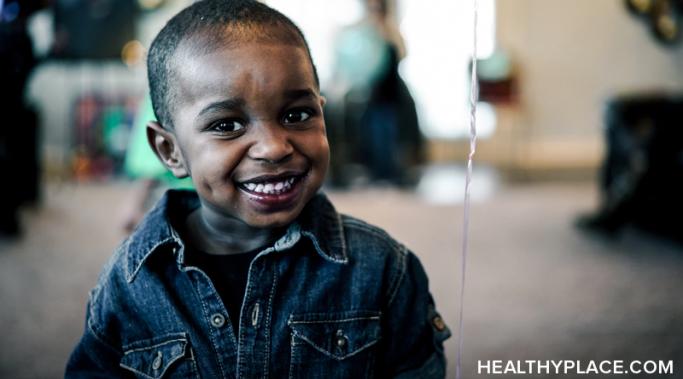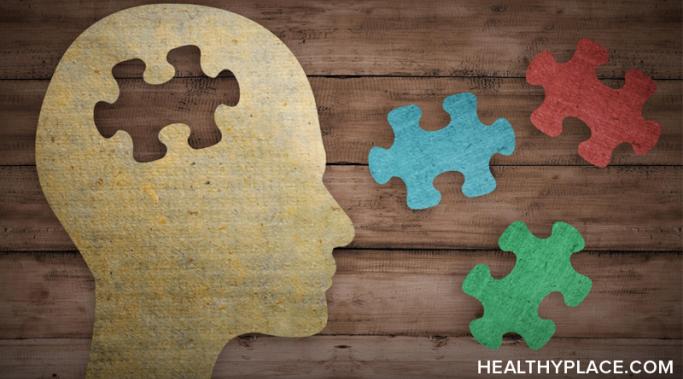I like to joke that my child had attention-deficit/hyperactivity disorder (ADHD) since before he was born. The little guy never sat still in the womb--ever--and that didn't change once he waltzed into the world. Then he learned how to walk and talk, and he hasn't sat still or stopped talking ever since. As the exhausted mother of a child with ADHD who sometimes feels desperate for one moment of elusive silence, I often wonder: can he outgrow ADHD?
Mental Health Education
How do we know when to worry about temper tantrums in our children? According to recent research, about 83% of preschoolers have regular temper tantrums.1 If you're reading this, I'm guessing you are the parent of at least one of the 83 percent. I was one such parent, too, and my son's tantrums turned out to be the sign of childhood mental illness. How do you know when to worry about temper tantrums because it might be the same for you?
There are mental health benefits of pets for children with mental illness. Pets can be great friends and teachers to children with attention-deficit/hyperactivity disorder (ADHD), disruptive mood dysregulation disorder (DMDD), or other mental health concerns. Plenty of research exists backing up the helpfulness of having animals in therapy, school, or at home. My son's mental health benefits from the animals in his life.
Several weeks ago, another blogger triggered a heated discussion on a minor’s rights to mental health privacy when they suffer from mental illness. Readers chastised the author for disclosing too much information about her child. And that made me ask: where is the line when it comes to minor's mental health privacy.
A lot of energy goes into changing the world for our children, and that's before childhood mental illness joins our parenting struggles. If it's been a rough day for my son, in terms of his disruptive mood dysregulation disorder (DMDD) especially, I have barely enough energy to make dinner, let alone "change the world." Making change for our children is important to me, though. After dealing with childhood mental illness the last few years, I've realized that, sometimes, the world around my son needs more of a "cure" than he does.
While mental health screenings in school may take place, they need to be more inclusive. Although autism spectrum disorder (ASD) and childhood mental illnesses like attention deficit/hyperactivity disorder (ADHD) can look similar on the outside, the way they're treated in schools looks different. From the perspective of a parent of a child with mental illness, they seem like unfairly disparate worlds. It makes me think of the need for inclusivity in school mental health screenings.
May is Mental Health Awareness Month, and one of the least discussed mental health topics is childhood mental illness. Twelve million children in our country have a mental illness, yet fewer than one in five get treatment (Childhood Psychiatric Disorders). So not only parents suffer from our cultural silence. Our children with mental illness suffer, too.
The decision to medicate your child for a mental illness is often an agonizing one. Many parents that I work with struggle to find the balance between dealing with their child's behaviors themselves and letting someone help them. Medicating a child is not the easiest decision to make for some parents while for others it is the easiest thing to do.
As a parent who does choose to medicate my child, I have to say that medication in and of itself, does not resolve behavior issues. Yes, medication does help, but I believe it to be a last resort option. Below are descriptions of some of the parents I've worked with. So would you choose to medicate or not to medicate your child for a mental illness?
May 9th, 2013 has been declared Children's Mental Health Awareness Day by the Substance Abuse & Mental Health Services Administration (SAMHSA). "The effort seeks to raise awareness about the importance of children's mental health and that positive mental health is essential to a child's healthy development from birth."







